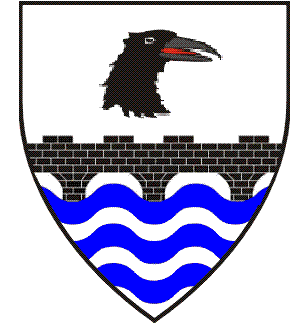
Site Navigation
Main Page
Officers
Newsletters
Event Calander
Humor
Photo Gallery
Links of Interest
Website Updates
Current Royalty
Research Material
What is the SCA?
Choosing an SCA Name
Medieval Names Achive
Persona Development Questions
The SCA on a Budget
Your Teenager and the SCA

View My Guestbook
Sign My Guestbook
Ravensweir Household Officers
Click on Officer Badge for Office Description
 Seneschal HL Cerridwen Maelwedd, lesidhe@telus.net Deputy HL Sigrid Arden, tiggerly@telus.net |
|||
 Arts & Sciences HL Robert Arden tiggerly@telus.net |
 Chirugeon Vacant carnutz3@telus.net |
 Herald Serrin Bislev serrin_bislev@yahoo.ca | |
 Master of Stables Position Vacant |
 Master of Blade Lord Erinn O’Keely keeblersprite@yahoo.com |
 Master of Bow Position Vacant |
|
 Waterbearer - Acting Sigrid Arden tiggerly@telus.net |
 Chronicler Liam MacGowan sarahmariera@yahoo.ca |
 Exchequer Sass A Naught sass_angel@yahoo.com |
|
 Castellan Position Vacant |
 Webminister Rhodric Maelwedd carnutz3@telus.net |
 Constable Position Vacant |